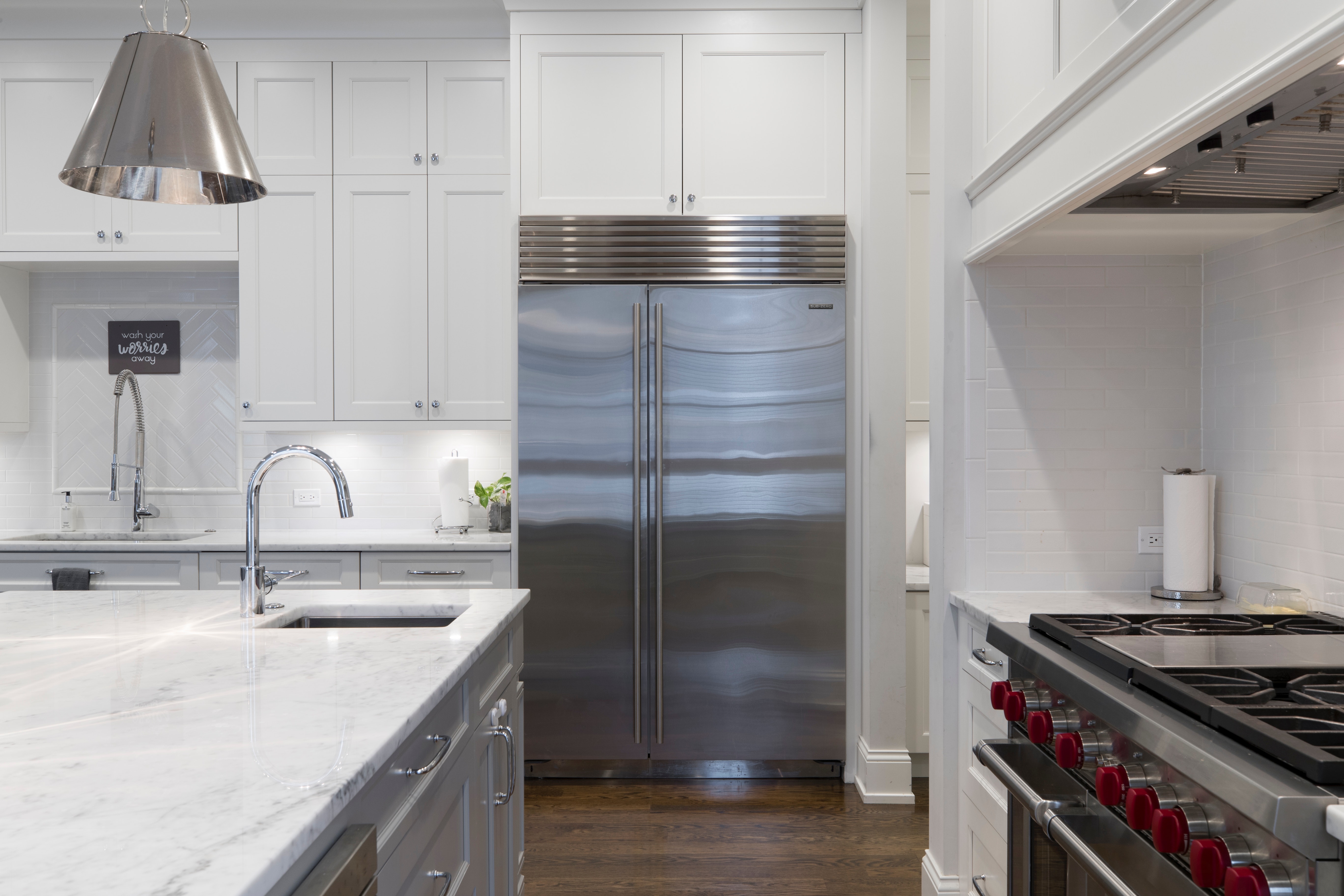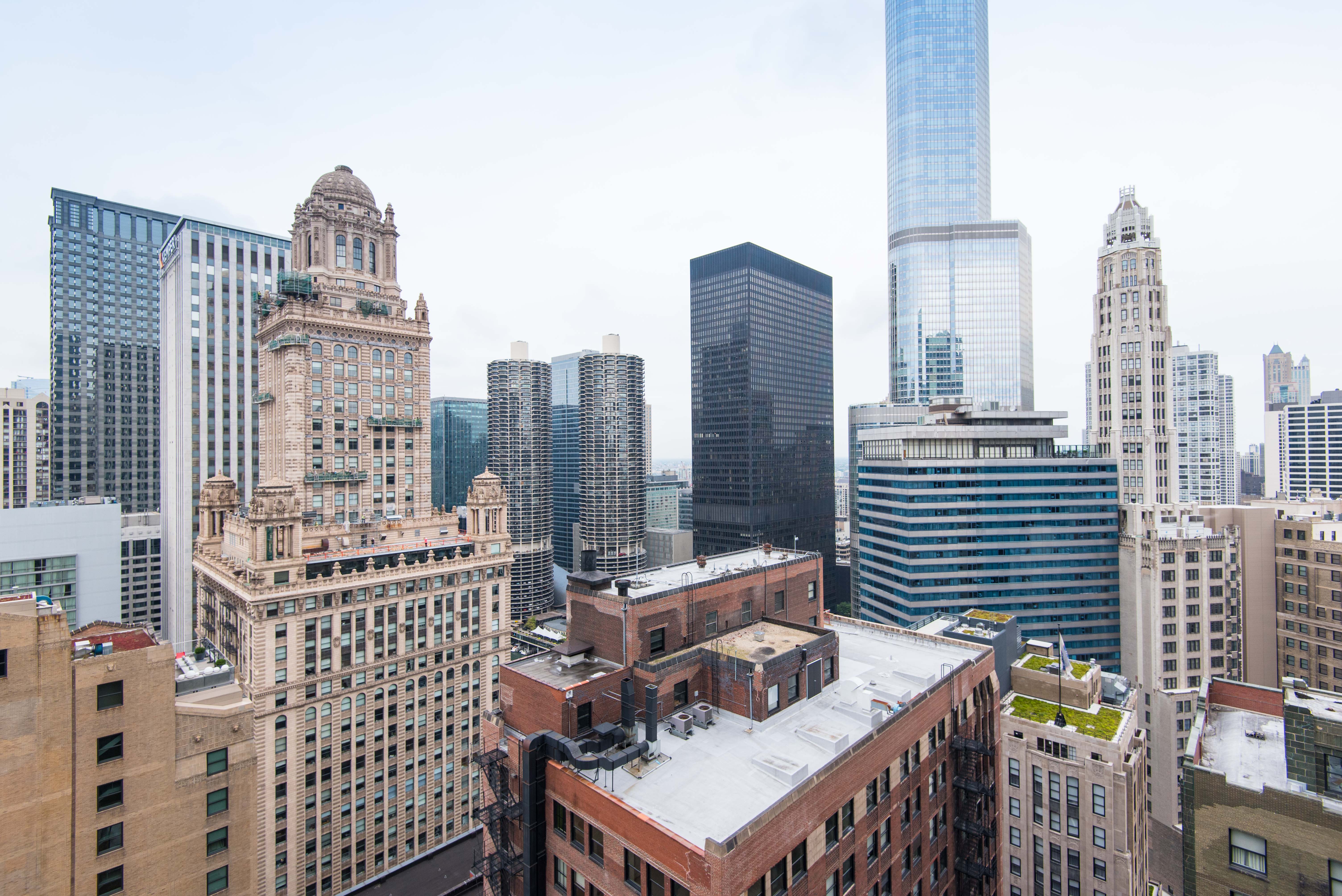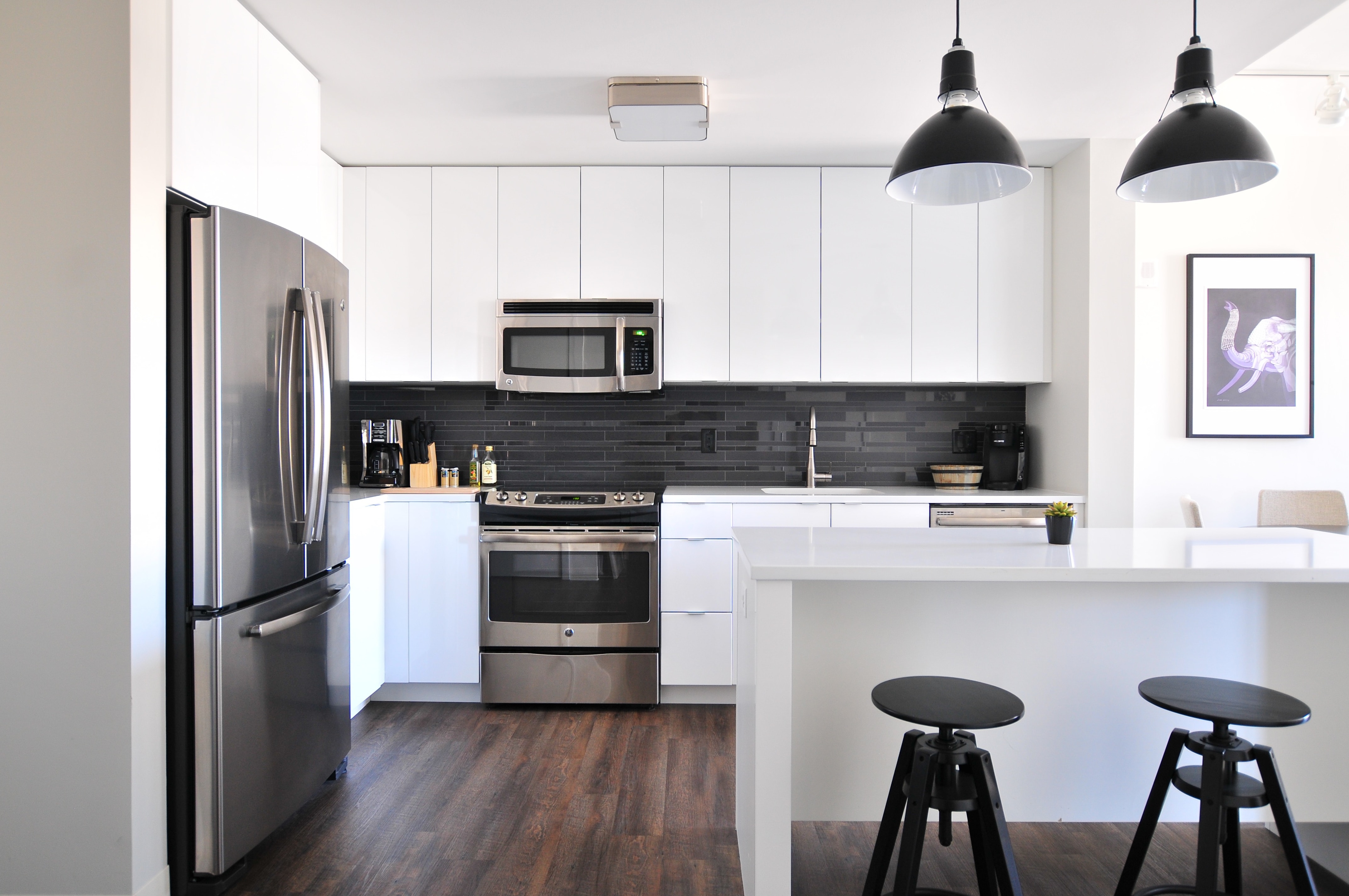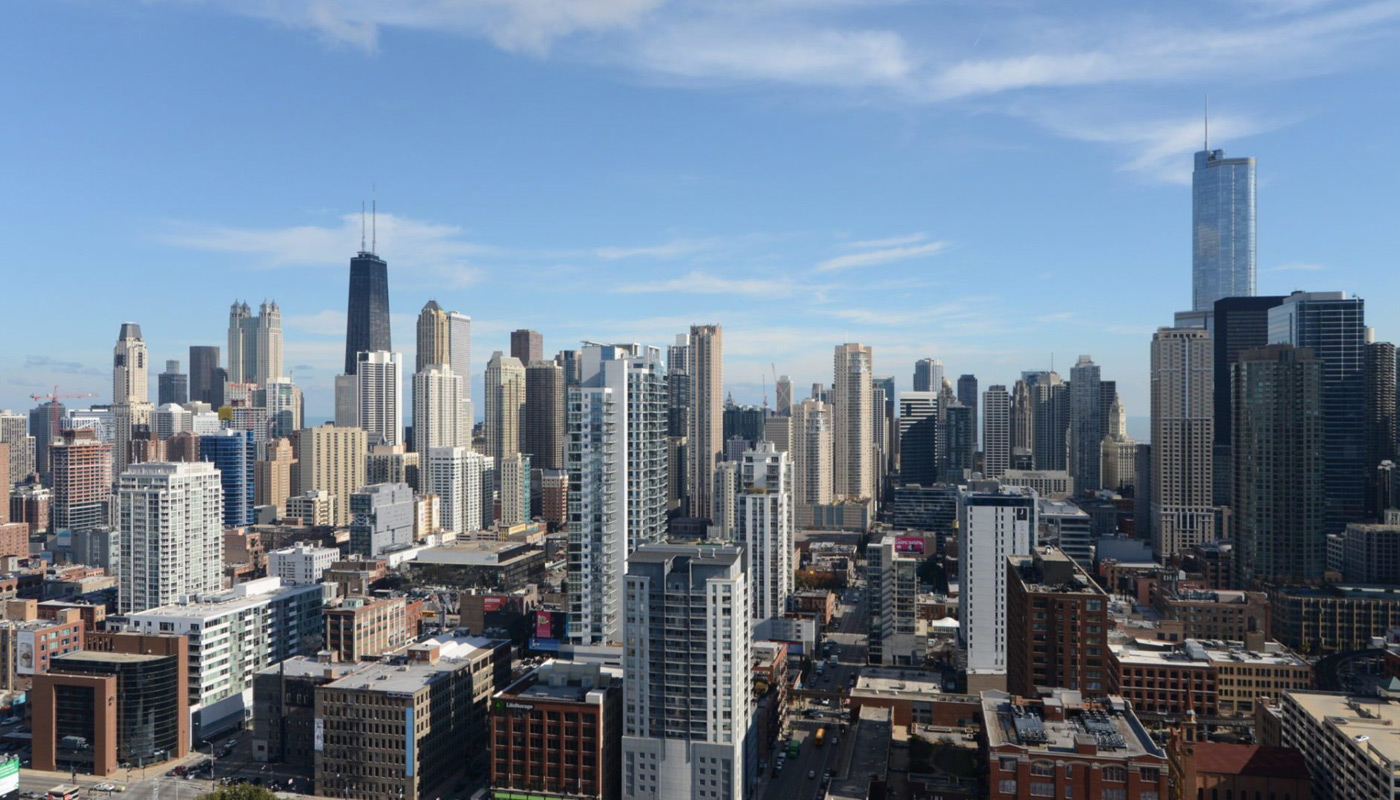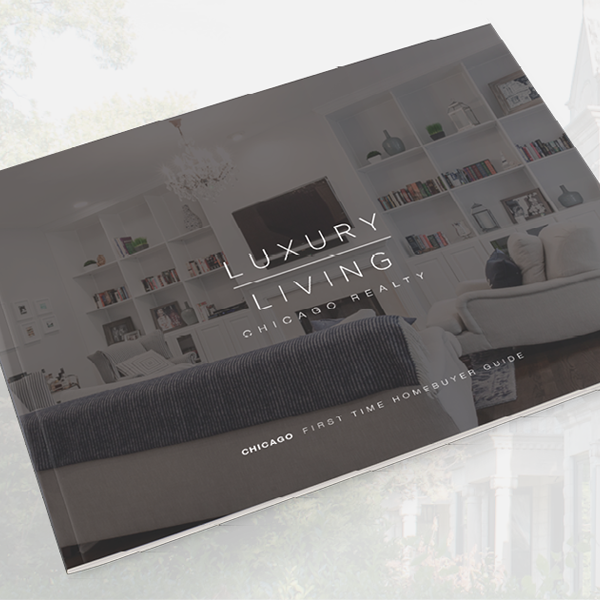Purchasing a condo in the Windy City is an incredibly exciting opportunity. However, this big endeavor requires preparation and research beforehand.
To help streamline the moving process, the Luxury Living team is here to share essential condo buyer moving tips.
Get to Know the Neighborhoods
Each Chicago neighborhood has its own unique look and feel. It’s important that you feel at home in the community that you choose to call home.
If you’re looking for the true downtown experience, consider browsing condos in the Loop, the heart of downtown Chicago.
Streeterville, River North, and South Loop also provide authentic city living, with easy walking access to anything one may need, as well as some of the Windy City’s most popular attractions.
For those looking for a bit more peace and quiet, neighborhoods like Lincoln Park or Uptown may provide more of that ‘neighborhood charm’. You’ll find less high rises in these areas and more of a residential vibe.
Check out some of the West Chicago neighborhoods, including West Loop, Wicker Park, and Logan Square, for the trendiest spots to live. These booming areas have experienced exponential growth over recent years and showcase plenty of housing, dining, and retail options.
It’s also crucial to figure out which neighborhoods provide the most practical location for you. Is there a neighborhood you like that’s near your work or your school?
If you’re moving without a car, consider living somewhere near public transit options.
Determine Your Non-Negotiables
Along with narrowing down your preferred location, there’s plenty of other factors to take into consideration during house hunting.
When it comes to buying a condo in Chicago, it helps to create a list of must-haves to help direct your search.
Think about what’s necessary for you and your lifestyle.
Do you need an in-unit washer/dryer? Would you prefer a view? Would you like to be near public transit or do you need private parking? What type of amenities are important to you? Are you looking for a brand new building?
Once you narrow down features that you need in your new condo, it’ll be easier to filter your search.
Be sure to have realistic expectations and a budget that aligns with your non-negotiables.
Understand How Condo Associations Operate
Once you purchase a condo, chances are you will become an automatic member of a condo HOA (homeowner’s association).
These associations are comprised of other unit owners in a condominium building who are required to pay regular HOA dues and follow HOA rules. An elected board of directors also oversees the operations of the HOA.
The monthly or annual HOA fees help fund community maintenance services, such as snow and garbage removal, building repairs, and upkeep of amenities.
Not only does this maintenance help alleviate resident’s stress and responsibilities, but it also helps ensure community curb appeal. The condo associations help keep condominium communities in pristine condition, promoting a desirable location for potential buyers and an enhanced environment for residents.
As you begin to condo shop, be sure to compare HOA fees. These costs can run anywhere from $80 to $500 a month.
It’s also important to inquire about your potential condo’s special assessments.
Special assessments are funds that the condo association requires to complete a large project. While these significant projects aren’t very common, it’s important to know that they may come up and require you to pay more in association fees to cover the costs.
When narrowing down properties, ask about any planned special assessments or how one might work if there isn’t one in effect.
Figure Out Your Financing
Buying a condo is a major investment. It’s critical to ensure that this endeavor is financially wise and feasible
Obtaining a mortgage to purchase a condo can be more difficult than a mortgage for a single-family home.
With this in mind, prospective buyers should be qualified and prepared for the process of applying for a loan.
When you walk into the bank to apply for a mortgage, the bank begins the underwriting process. During the phase, the bank will evaluate whether you have the means and credit to repay the loan and assess the property you’re purchasing.
The bank wants to verify that if you default on your mortgage, it can sell your property and recover most of its money.
Unlike mortgages of a single-family home, before banks will approve a mortgage for condos, they also will need to see the finances of your homeowner’s association, the legal condo documents, and the percentage of owner-occupied units at your prospective condo building.
Take Other Costs Into Consideration
Apart from the cost of your mortgage and HOA fees, purchasing a condo comes with additional expenses that you should budget for.
First, be prepared to pay homeowners insurance. Although Chicago doesn’t mandate homeowner’s insurance for condo owners, many homeowner’s associations require it. And even if it’s not required, it’s an excellent idea to keep your condo and assets protected.
Furnishing a condo can also quickly drain the bank account. Be sure to figure out how much money you are going to allocate towards the necessities to complete your home.
If your condo doesn’t have a controlled utility package, you’ll also have to add these costs to your list of expenses.
Find an Experienced Broker
Purchasing a condo is a substantial financial decision, especially if it’s your a first-time as a homebuyer.
Consider teaming up with a licensed broker to assist you step-by-step through the process. These types of professionals can help alleviate stress, help in the decision-making process, and advocate on your behalf to get the best deal possible.
Our experienced team of real estate brokers includes top producers, negotiation experts, and savvy marketers who are eager to help you find your dream condo.
If you’re ready to begin the search for your new home, don’t feel like you have to walk through this process blind. Take advantage of these condo buyer moving tips and get in touch with a broker today!

